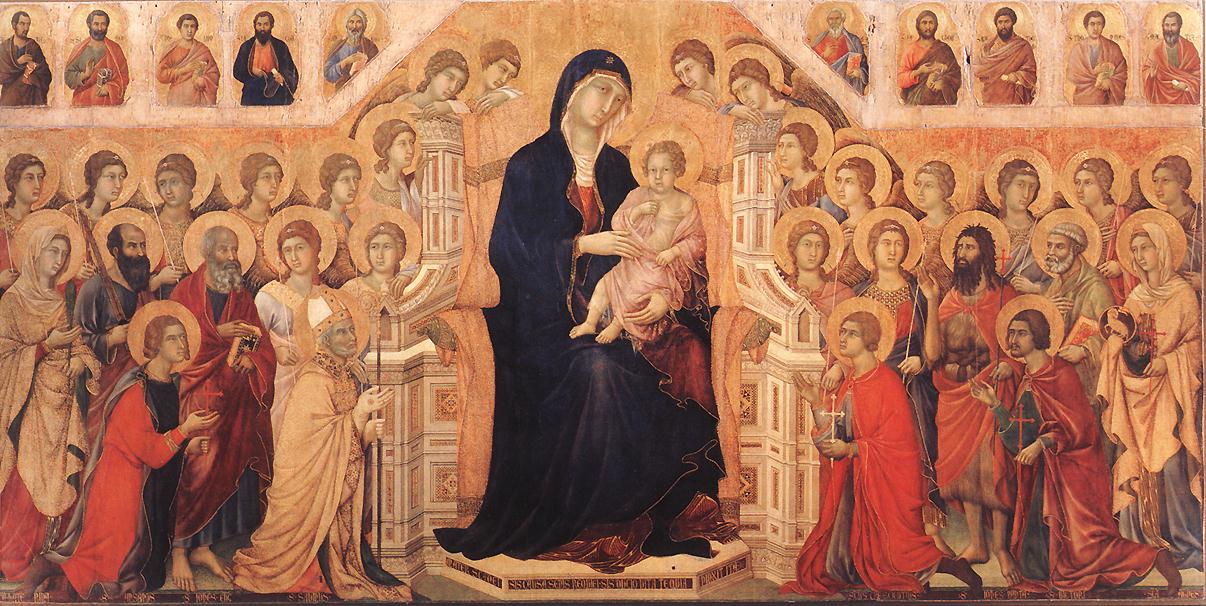
Agios.Mar 4
The need to correct or avoid abuse in the practice of worshiping the deceased that have a reputation of sanctity led the ecclesiastical authorities to regulate this practice through laws.
Canonisation is a legal act that consists of solemn legal recognition by which a public servant is authorized to pay tribute to a servant of God. The official worship is formally expressed with the inscription in the catalogue of the saints, the dedication of a date in the universal calendar (feast day), the celebration of the Mass and the liturgy of the hours with readings and prayer (Mass and own office) or dedicating spaces for worship (chapels, churches).
One commonly speaks of “making someone a saint.” The Church does not “make saints.” Holiness is a gift from God. God makes us holy with his grace and the correspondence of our freedom. When someone dies having a reputation that he lived an exemplary life according to the Gospel of Jesus, practiced the virtues to a heroic degree or died a martyr by faith, a legal process can be initiated that validates the recognition of that life as a holy life. The process concludes with the decree of beatification or canonization signed by the Pope. The canonized people are saints from the day they die, not when their sanctity is canonically recognised.
___________
Br Antonio Martínez Estaún, postulator general
